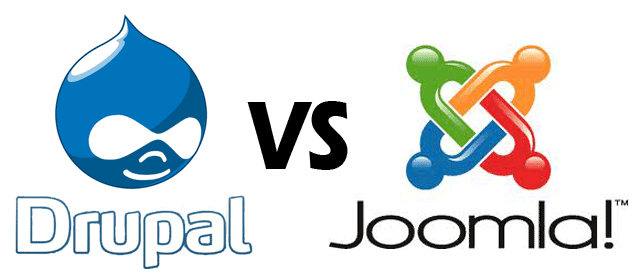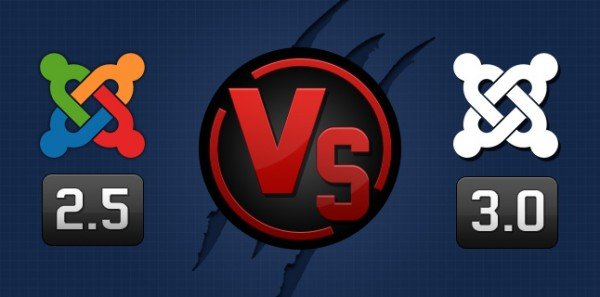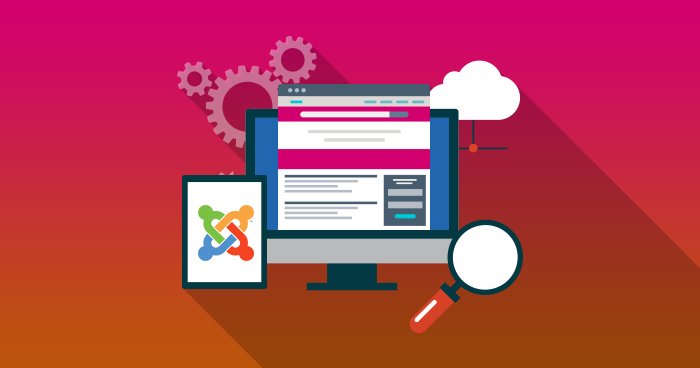
Content management system or CMS is a very important aspect of maintaining your website or a blog. Today, there are quite a few CMS software like WordPress, Joomla and Drupal that can help you manage your contents more efficiently and with more preferences.
WordPress is the standout software as far as content management system is concerned. Ever since the commencement of open source content management system, Drupal and Joomla have always been preferred by website owner and even core web developers. Acting itself as the perfect platform for providing framework to websites with user-ready modules in the quickest possible time, both Drupal and Joomla have had a respectable position in the industry.
There is no doubt about the fact that the website world is developing every single day, so as the demand. Hence it is not easy for website owners to choose between the two CMS and come up with websites that best represents the needs of your business projects.
It this article let us study some o the key differences the separates the two content management systems – Drupal and Joomla.
Drupal Vs Joomla:
1) Setting up or developing a theme or layout for your website is easier with Drupal as it is more flexible. On the other hand, Joomla is crowded by paradigms set within it. Hence the scope of being flexible is very little when compared to Drupal.
2) Joomla is faster and easier to implement. Drupal is comparatively a touch nut. Therefore it is preferred more by comprehensive entrepreneurs and businesses.
3) Backend administration functionality is not the best in Drupal. When you compare, the one with Joomla is better
4) To put it in simple words, Joomla provides a neat, professional and good-looking website with a categorized, slow and limited choices and preferences. With Drupal, it works the other way around.
5) Drupal enables you to use one login detail with every different site which is not possible with Joomla.
6) Drupal codes are much more skilled, professional and of great quality. All these lack in the case of Joomla.
7) Joomla makes use of plug-ins for more functionality while Drupal uses modules.
8) SEO has always been a key concern for website owners and web developers and will continue to be a matter of concern as long as websites exist. They are a major cause of worry for open source software as well. Hence it should be noted that Drupal features more SEO-friendly features and URLS than Joomla. In the case of Joomla, you will require commercial component.
Things to keep in mind when choosing between Joomla and Drupal:
1) Remember that these two content management systems have more similarities than differences. Hence you need to study them with regards to their different properties, up-coming features (because developers keep adding more and more extras to make their service get to the top) and limitations.
2) Remember that no feature comparison is permanent. The feature that you may not find in a Drupal today may be added up tomorrow. This is because services have to be up to the mark in order to compete with rivals. Hence do not worry if your friend uses a rival service and enjoys an exclusive feature. You might enjoy it very soon as well.
3) Take intense interest in studying the keen differences, upgrades and fix-the bug factors developed in the present version of your CMS. Issues in Joomla 1.5 may be fixed in the Joomla 1.6 version.
4) Be careful in making researches as the post that you are reading may be very old. Sometimes they may not even have mentioned the versions. Hence be careful in knowing which version you are studying or comparing.
5) Do not fall to the preferences of different reviewers. Study and choose them yourself. Reviewers are mostly people who build websites and one who have regularly used specific CMS software. Hence they would be reviewing any CMS software based on the tools they used and loved to use. It would be wise on your part to study Joomla and Drupal yourself before making your decision. Get to know what would best suit you rather than going by advices.
In reality, few differences here and there, with the modules and themes, are never going to make a big difference. You can do anything you want with any of these software. They are all good enough. Hence make your study based on the platform you prefer rather than small extras.




Leave a Reply